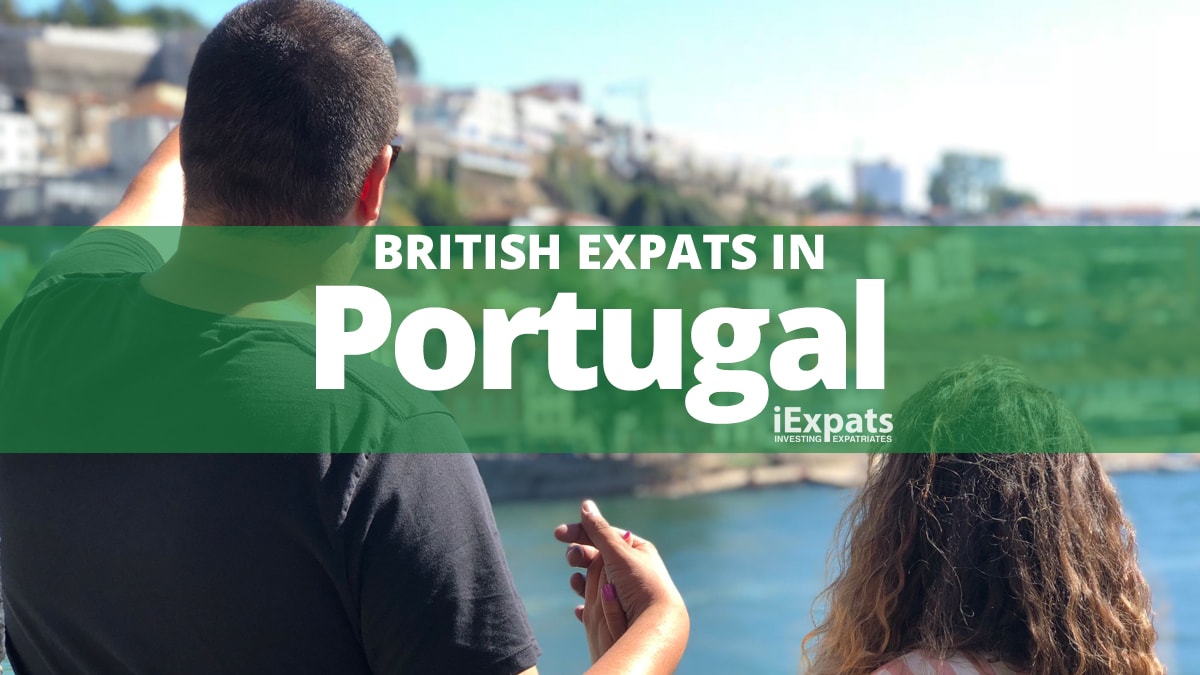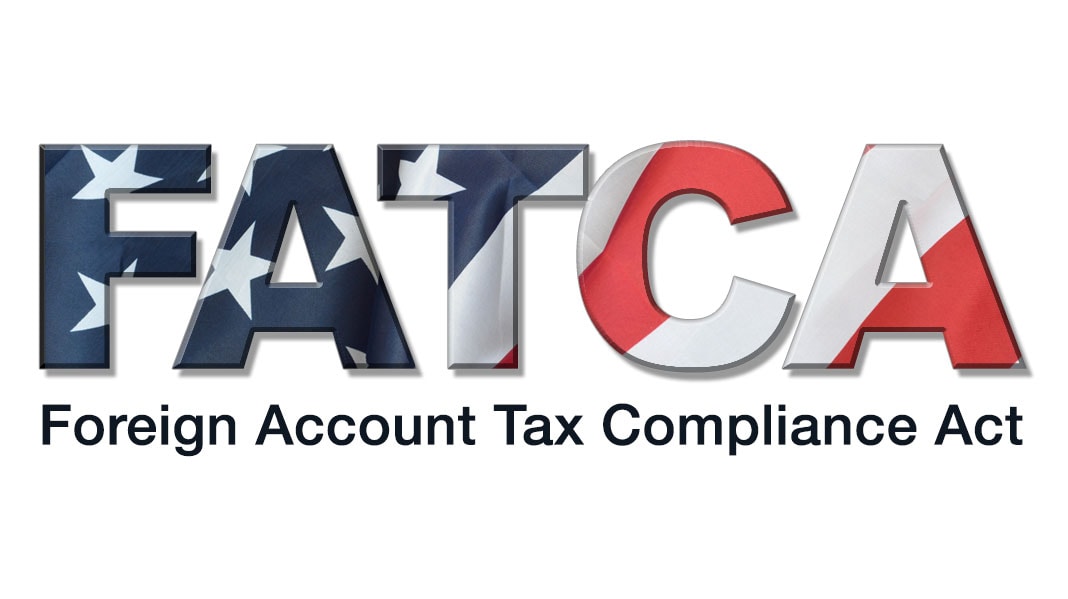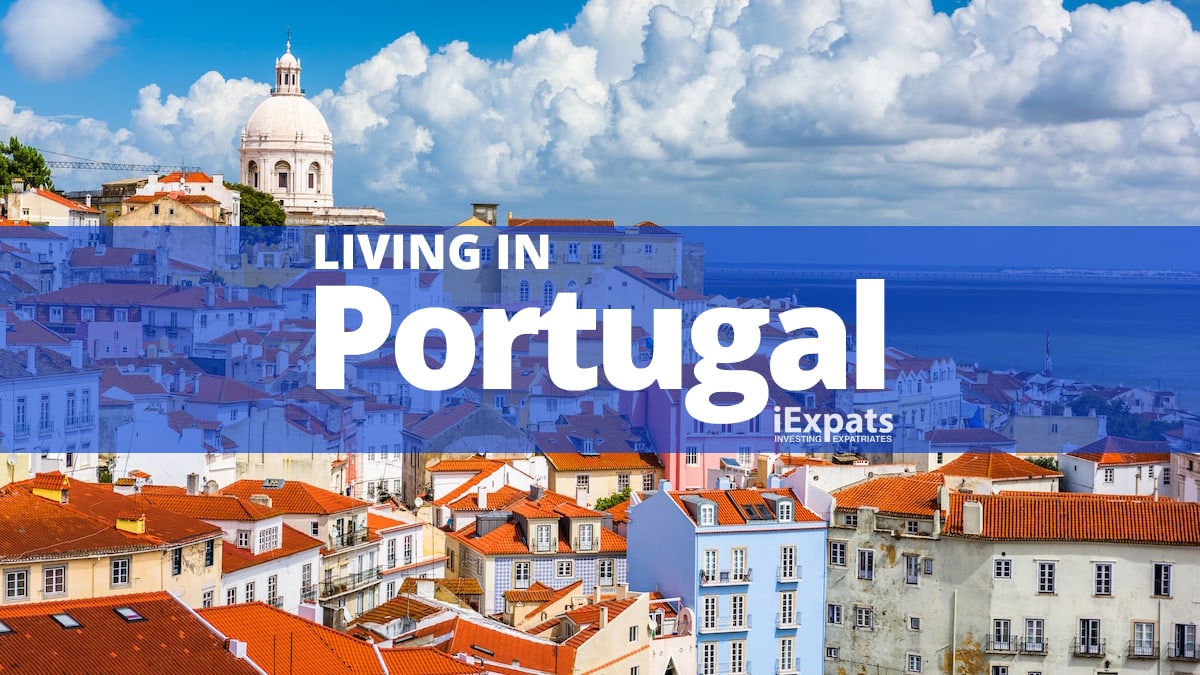Living in Portugal for expats is a lifestyle choice for those looking to cut the number of hours spent working to retire.
Portugal nestles on land up against Spain and with the Atlantic Ocean to the west and south, where Casablanca and Morocco lie 400 kilometres away.
Portugal is far enough away to be off the beaten track but close enough to keep London, Paris, Milan, Rome, and other major European cities within a two-hour flight.
No wonder the picturesque nation is a top 10 expat destination for Brits, who love the warm climate, the solitude of miles of sandy beaches and the café lifestyle of the bustling towns and cities
As Britain’s oldest ally, the Portuguese are friendly and welcoming to expats, with many speaking fluent English.
Table of contents
- Portugal, A Land Of Sunshine And Cheap Living
- Portugal’s biggest cities
- Religion, language, and culture
- Climate
- Economy
- British Expats In Portugal
- Joining the expat community
- Expat Jobs And Salaries In Portugal
- Residency, Visas, And Passports
- Cost Of Living In Portugal
- Cost of Living in Portugal Compared to the UK
- Healthcare in Portugal
- Driving in Portugal
- Expat Tax In Portugal
- IHT, Wills and estate planning
- How Financial Firms Are Regulated in Portugal
- FATCA and CRS
- Voting in Portugal
- Living In Portugal Expat FAQ
- Related Information
Portugal, A Land Of Sunshine And Cheap Living
Portugal is regularly rated among the best places in the world for retirement – notably the famous Algarve region with beautiful beaches, private rocky coves, smart golf courses and streets of quaint shops and restaurants in the colourful towns and villages.
But the big attractions for Brits in Portugal are the seemingly endless days of blue skies and warm sun and the low cost of living compared with the UK.
Portugal is one of Europe’s smaller countries, landlocked to the north and east with Spain. To the west and south is the Atlantic Ocean.
The population is around 10 million, mostly living in the main cities of Lisbon, Porto, Braga, and Coimbra, according to the census of 2019.
A heat map would show most Portuguese live on the coast, leaving the central mountains and plains sparsely populated.
Portugal’s biggest cities
| Rank | City | Region | Population |
|---|---|---|---|
| 1 | Lisbon | Lisboa | 545,245 |
| 2 | Sintra | Lisboa | 377,249 |
| 3 | Vila Nova de Gaia | North | 302,092 |
| 4 | Porto | North | 237,559 |
| 5 | Loures | Lisboa | 205,577 |
| 6 | Cascais | Lisboa | 205,117 |
| 7 | Braga | North | 181,819 |
| 8 | Amadora | Lisboa | 175,558 |
| 9 | Matosinhos | North | 174,931 |
| 10 | Almada | Lisboa | 173,298 |
Religion, language, and culture
Most people in Portugal are Roman Catholic with a wide tolerance of a mix of other major religions worldwide.
Portuguese – a Romance language based on Latin – is the main language, followed by the regional Mirandese language spoken in the northeast of the country.
English is more widely spoken than in France, Spain, or Italy.
Portugal has a long and colourful cultural tradition dating back centuries and based around the Catholic church festivals and saint days.
Music, literature, theatre, movies, and sports play a large role in the culture.
Climate
The weather is warm, with long summers lasting through to November but the chance of freezing temperatures and snow on the inland mountains.
Economy
Portugal is a place for rest and relaxation rather than work for expats. Portugal belongs to the European Union and has taken the Euro as the main currency.
Business is mainly confined to Lisbon and Porto.
Although Portugal is one of the world’s leading developed nations, the people are relatively poor by European standards, with a struggling economy and one of the continent’s lowest incomes per head.
British Expats In Portugal

British expats love Portugal and are among those that make the country is among the golfing capitals of Europe.
Around 60,000 Brits live in Portugal, mainly in and around The Algarve, with the rest sticking to Lisbon and Porto.
Travel times by air to London are around 2.5 hours, with regular flights from the main airports in Faro (The Algarve), Lisbon and Porto.
Gibraltar and the Spanish city of Seville, and the Mediterranean resorts of Marbella and Malaga are all less than a four-hour drive from Faro.
Other places to check out are Coimbra, Braga, Aveiro and Cascais.
Joining the expat community
British expats have an online network of dedicated social media websites and apps like Expats Portugal, Hey Portugal and Moving to Portugal.
Portugal Friends keep in touch on Facebook, while special interest groups cater for women, like International Women in Portugal and the Expat Woman site for Portugal.
For sporting contacts try Portugal Sport and Adventure.
To keep in touch with Brexit rule changes and other UK government information with UK government email alerts or check in with the British Embassy in Portugal or Brits in Portugal.
Expat Jobs And Salaries In Portugal
Most jobs in Portugal are for Portuguese speakers, but the one sector where native English speakers can find a huge number of posts is IT and software – especially for developers in Lisbon.
Professional services, like architects, lawyers and engineers, are mainly reserved for Portuguese speakers.
Besides technology, the other vibrant and growing sector until the coronavirus pandemic struck was hospitality and tourism. Like most countries, these roles are poorly paid and based around Lisbon, Porto and The Algarve, which are the magnet areas for tourists.
Bosses must pay minimum wage, but Portugal has the lowest minimum wage in the European Union at just 740 euros a month (£668).
The average salary in Portugal is around 1,500 euros a month (£1,355), again one of the incomes in the EU.
New expats need a four-month residence visa to work in Portugal or a long-stay Schengen National visa that is granted for a set time.
Expats staying for more than three-months should apply for their residence visa soon after arrival. This visa lasts for five years and expats can apply for a permanent stay visa when this runs out.
A specific work permit is not needed by EU nationals, just a residence visa.
To apply for a job, you may need to provide a:
- UK police certificate
- Portuguese criminal record certificate (in Portuguese) (Certificado de Registo Criminal)
- copy of your UK police record or a copy of your Police Scotland record
Residency, Visas, And Passports

Brexit warning – Residency and visa rules may change at short notice when the Brexit transition period ends on December 31, 2020
Residence for EU nationals
British expats need to get a Certificado de Registo from the local council which allows residence in Portugal for five years. When this expires, expats should apply for a Certificado de Residencia Permanente from the Portuguese Immigration Service (SEF).
Residence for non-EU nationals
On entering Portugal, expats need a four-month residence visa that allows them to apply for a 12-month Autorizacao de Residencia. This is renewed after a year and then every two years until five years has passed. After five years, the expat can apply for permanent residence.
Portugal’s Golden Visa
Portugal has a dedicated visa that fast-tracks residence for investors ready to stake some cash in the country.
Investors put down their deposit and get a 12-month residency visa straight off and go through the same two-year renewals as non-EU nationals applying for residence.
After five years, they can apply for permanent residency and after six years, Portuguese citizenship.
The scheme is aimed at non-EU expats as Portuguese residence gives expats visa-free travel within the Schengen Zone.
The government offers investors eight ways to claim residence:
- Put at least £900,000 on deposit in a Portuguese bank
- Employ at least 10 people in Portugal
- Buy property in Portugal worth at least £450,000
- Buy property in Portuguese urban regeneration areas that is at least 30 years old and worth at least €350,000
- Invest at least £315,000 in scientific research in Portugal
- Invest at least £225,000 in Portuguese arts, culture, or heritage
- Invest at least £450,000 in businesses in Portugal
Renewing UK passports from Portugal
Expats can apply for a new UK passport online from Portugal.
You need a colour digital image that is in focus and measuring 750 pixels high x 600 pixels wide. The file size should be between 50KB and 10MB.
The image should be a head-and-shoulders image in front of a plain background with nothing one else in the frame.
A standard adult UK passport costs £75.50 online.
Cost Of Living In Portugal

Cost of living price tracking reckons the cost of living in Portugal is lower than in the UK.
The cost of buying a villa or townhouse in The Algarve is no cheaper than buying in the UK – expect to pay around £325,000 for a decent property, but you get a whole lot more for you money, like a pool.
Living in a gated estate comes with ongoing yearly service charges and taxes that will come to at least £3,000 on a golf complex or £1,500 for a townhouse.
Comparing Lisbon with London, Numbeo reckons the cost of living is 34% cheaper in Lisbon, while rents are 52% less expensive, restaurant bills are 47% less and groceries are a third cheaper.
Moving to the coast or a rural area slices even more off the spend, making living on a fixed income easier in retirement.
Cost of Living in Portugal Compared to the UK
- Consumer Prices in Portugal are 25.02% lower
- Consumer Prices Including Rent in Portugal are 25.59% lower
- Rent Prices in Portugal are 27.00% lower
- Restaurant Prices in Portugal are 42.96% lower
- Groceries Prices in Portugal are 24.24% lower
- Local Purchasing Power in Portugal is 45.59% lower
Healthcare in Portugal
Expats who have residence in Portugal can access the state-run health service on the same basis as a Portuguese national.
To register, expats need:
- Proof of residence
- A valid passport
- A tax ID from the local financas
- A social security number if working
After registration, you will have a health service number which a doctor will need before giving treatment.
Health care is not free in Portugal. You will pay five euros for visiting a local doctor and 15 euros for a trip to a hospital A&E department. Prescriptions have a small cost, too.
Some people are exempt from charges, so check if you qualify.
The health service doesn’t offer dental care.
Private healthcare is readily available, but like the UK, does not cover accidents and emergencies.
Emergency Health Insurance Cards (EHICS) and travel insurance do not cover expats resident in Portugal.
Healthcare if you leave Portugal
Like any traveller, expat residents in Portugal can access emergency medical treatment with a Portuguese EHIC or travel insurance, including treatment in the UK when visiting home.
Driving in Portugal
You must register a UK driving licence with the Instituto da Mobilidade e de Transportes (IMT) within 60 days of becoming a Portugal resident or pick up a fine.
Expired UK driving licences can be exchanged for a Portuguese one up to two years after running out. After two years, you must take a driving test in Portugal to get a licence.
If you plan to import a UK vehicle in to Portugal, read this detailed guidance first.
Car insurance
Providing you have arranged cover with your UK insurer, your car is insured for driving in Portugal.
Bear in mind you will need an International Motor Insurance Certificate – often called a green card or carta verde – and that if you tow a trailer or caravan, they will need separate insurance cover.
If you are taking out Portuguese insurance, your vehicle will need registering first.
Expat Tax In Portugal
Understanding your residence status as an expat is important if you do not want to pay the wrong amount of in the UK and Portugal.
Registering as a resident in Portugal does not alter your tax status in the UK.
To take up tax residence in Portugal, you must apply to tests and pass both:
- Spend 183 days in a 365-day period in Portugal starting or ending in the tax year you are filing s return for. The 183 days does not need to be consecutive.
- Portugal must be your main home on each of the 183 days – visits staying in hotels or with friends do not count.
As a Portugal tax resident, you pay income tax on your worldwide income.
Non-residents are only taxed on income generated in Portugal and pay a flat 25% income tax rate.
For residents, the rate varies between 14.5% for income up to 7,091 euros, and 48% for earnings over 84,640 euros.
Portugal also levies tax at special rates on capital gains and investments.
If you rent out property in the UK, you should register as a non-resident landlord and file a self-assessment return declaring the income with HM Revenue & Customs. You are also liable for capital gains tax if you dispose of property or other assets in the UK.
The UK and Portugal have a double taxation agreement to ensure you do not pay tax on the same income in both countries.
To pay tax in Portugal, you should apply for a tax number (Número de Identificação Fiscal or NIF).
A NIF is needed to buy or sell property, open a bank account, or sign a rental agreement.
IHT, Wills and estate planning
Many expats have real estate, investments and bank accounts scattered across two or more countries.
When they die, these assets are distributed according to local laws, regardless of any will in another country.
Expats with significant wealth are advised to make a will detailing their final wishes for their wealth in each country where they hold assets to minimise any death duties they pay and to ensure their wealth goes to the people they want to inherit.
Unlike the UK, Portugal has no wealth tax on death, although stamp duty is levied on gifting property and other goods.
Find out more about getting an expat will.
How Financial Firms Are Regulated in Portugal
The Portuguese Insurance and Pension Funds Supervisory Authority is responsible for licensing financial advisers.
The authority is part of a tripartite financial regulatory system. The Bank of Portugal monitors banks, credit card companies and other finance houses, while the Portuguese Securities Markets Commission deals with companies and funds accessing stock markets.
Besides checking if advisers are licensed and authorised with the Portuguese Insurance and Pension Funds Supervisory Authority, ensure they have the necessary qualifications to give the guidance you are looking for.
You will find financial advice in Portugal is offered on a different basis than in the UK.
Instead of fee-based advice, most firms offer financial products free at the point-of-sale with built-in commission packages for advisers.
For more information check out the iExpats guides to How Financial Firms Are Regulated In Portugal and Expat Financial Advice
FATCA and CRS

Expats with income outside Portugal cannot rely on banks and financial firms there not telling the tax authorities in other countries about their wealth.
Portugal has signed up to both the US Foreign Account Tax Compliance Act (FATCA) and the Common Reporting Standard (CRS).
Under the agreements, Portugal will pass information about the wealth of foreign nationals with investments and accounts in the country on to the American Internal Revenue Service and the CRS, a network of more than 100 global tax authorities.
Voting in Portugal
Expats can still vote in the UK once they have moved to Portugal.
Expats can vote from overseas in UK General Elections and By-Elections in the constituency where they last lived.
Currently, the 15-year rule restricts voting. The law allows expats to vote in elections for 15 years after leaving the UK.
The government has announced scrapping this rule, but no date is set for repealing the law.
Living In Portugal Expat FAQ
Expats find living in Portugal safe, relaxing, and enjoyable – mostly because of the constant sunshine and cheap cost of living.
With tens of thousands of British exiles, Portugal is a favourite expat destination.
Here are some answers to commonly asked questions about starting life as an expat in Portugal.
Yes, according to price monitor, which reports using real-time data from expats, the cost of living is around 25% less expensive in Portugal than in the UK. That makes pension income stretch much farther by freeing up cash to pay for some luxuries.
If you are already living in Portugal, Brexit should not affect your status as an expat. If you plan to move after January 1, 2021, it’s not clear if British expats will be treated the same as other EU nationals or not.
Portugal has a state-run health service much like the one in the UK, with similar standards. The government makes some modest charges for seeing doctors, prescriptions, and other treatments. You can take out private health cover to jump queues.
If you are not a native speaker, getting a job is harder. Most vacancies are available in IT roles or the hospitality and tourism sector. Workers in the hospitality sector earn minimum wage of 700 euros a month, which is one of the levels in Europe. The unemployment rate hovered around 6.5% in late 2019.
In general, expats are most likely to fall victim to petty crime if at all. The most likely places to have crime problems are city centres and busy tourist areas. Like many countries, Portugal has a heightened level of security to combat terrorism but has not witnessed outrages like those seen in the UK, France, or Germany.
Related Information
Below is a list of related articles you may find of interest.

Haha, minimum wage in Latvia is a lot lower (430 euro gross) than in Portugal,
is there a website to find legitamite lawyers in Portugal who are experienced in all aspects of law including Gold visa submissions etc . Also looking for recommendations for honest real-estate agents .